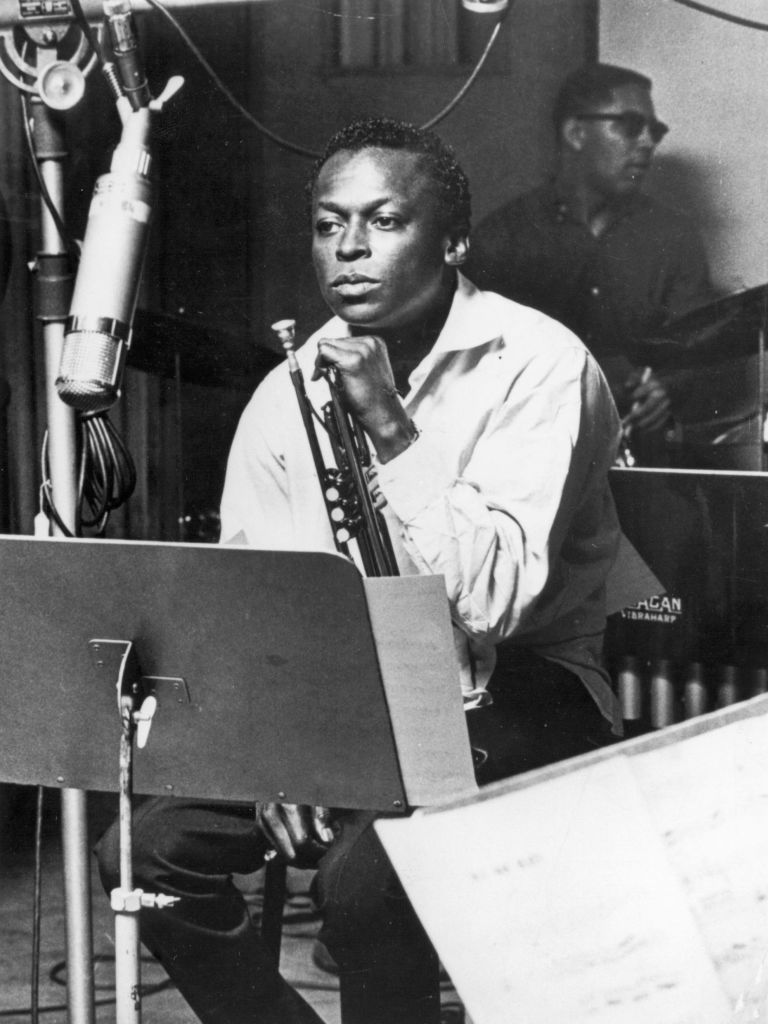A Ralph Lauren polo shirt. A varsity jacket. Khakis and loafers. Are these apparel company casual? Date night time attire? Is this a “preppy” search? As it takes place, the response is sort of all of the earlier mentioned, and it is due to the fact they share a frequent style ancestor: Ivy.
Centered on mid-century clothing worn on Ivy League campuses, Ivy is a manner craze that is stood the check of time. In her podcast, “Article content of Interest: American Ivy,” journalist Avery Trufelman traces the globetrotting background of the Ivy fashion, from its roots at Princeton University to its fashionable iterations by manufacturers like Uniqlo.
Trufelman spoke with “Marketplace” host Kai Ryssdal about Ivy and its legacy currently. The subsequent is a transcript of their conversation.
Avery Trufelman: Ivy was a super duper huge garments phenomenon in the mid-20th century. And about time, it evolved into what was in the ’70s and ’80s referred to as “preppy type,” and what I argue now pretty much has no name at all. I suggest, as menswear writer Derek Dude states on the system, you know, a button-down collared shirt is just a shirt. Khaki pants are just trousers. But when upon a time, this was all aspect of a model regarded as Ivy.
Kai Ryssdal: Ok, so this is gonna get a little meta listed here, but this full year sort of is — and as I said in advance of we turned the microphones on, I never know exactly how this job interview was gonna go — so I need to have to quit in this article for a moment and converse about this concept that you are talking about in the first episode of this year about trends, because that kind of is what has took place below. Ivy was a issue, it grew to become a development, and now it is — correct me if I’m completely wrong — ubiquitous in what we dress in.
Trufelman: Yeah, I believe if you want to dress in something to a occupation interview, if you want to seem very good on date night, this is a conventional clothing fashion. You know, if we really trace the origins of the place this arrives from, it comes from the campus of Princeton, and it arrives from Brooks Brothers. And it was after incredibly significantly about seeking white and on the lookout abundant and on the lookout male. But this is exactly where the analyze of tendencies arrives in. In the 20th century, we went from wanting to look wealthy to wanting to appear amazing. And the odd issue about it is like preppy clothing have changed with all of these tendencies. If you observe it in excess of the 20th century, it seriously suggests so a lot about the state of American want in this intriguing way.
Ryssdal: Which is really exciting, simply because the roots of what we see now as Ivy started in Japan.
Trufelman: Oh, yeah. Ivy was exported to Japan by this 1 guy named Kensuke Ishizu. And it really kickstarted the modern day vogue field in Japan, and Japanese manufacturers then began to make American garments improved than American corporations. And this is noticed in extremely market Japanese brands like a Evisu and Kapital, but most notably Uniqlo. If you glance at it carefully, is definitely accomplishing an iteration of American mid-century preppy type, which they then exported and offered back to us. And we like it!

Ryssdal: We do. But on that plan of us loving it and developments expanding and turning out to be every little thing everywhere all at as soon as — not to mix my media, if you’ve witnessed the motion picture — any person in just one of your episodes claims the point about tendencies that is so corrosive is that they get so capitalized because this is it’s all a company and you acquired to make cash. And that is kind of why and how this transpires.
Trufelman: It is why and how this takes place. But I truly believe developments are, to some diploma, innate in human nature. And of course, I consider they can be corrupted by capitalism, just like love can be corrupted by capitalism, you know, for Hallmark Valentine’s Day playing cards. And I imagine at the exact time that Ivy design, preppy design, fundamental design and style — whatever you want to get in touch with it — has been sort of propelled by tendencies across the many years. Weirdly enough, it is also a way of resisting developments. And a person human being I interviewed explained, “You know, it is so cool, simply because it is so, so dorky.” And you glimpse at photographs of like Miles Davis donning button-down collared shirts searching so neat.

Ryssdal: He seems to be so excellent.
Trufelman: I suggest, he looks so excellent. It is like, the coolest way to be amazing is by donning dorky garments and pulling them off. I feel we’re observing a return of Ivy model now, you know, I know the pandemic is not above, but as we’re form of rising from our pods and hunting all around, the most straightforward factor that you can usually return to to make guaranteed you glimpse sort of baseline-acceptable is Ivy. It’s a pattern that also resists trends.
Ryssdal: We’re sort of all reverting to the mean, right?
Trufelman: Yeah, in a way.
Ryssdal: This will get us chronologically out of get, but small children of the ’70s and ’80s will not forgive me if I really do not point out the identify Ralph Lauren listed here.
Trufelman: Oh, Ralph Lauren is a large part of the story. I necessarily mean, Ralph Lauren began by doing the job at Brooks Brothers. He was a salesman when he was like 20 yrs old for 1 yr. And he type of obtained an thought of what the fashion was, but he realized [the clothes] had been form of boxy. And he was like, what if I choose this search and make it kind of human body-conscious, make it kind of modern? And he did that. He built an up to date version of Ivy and definitely summoned in the era of the preppy by introducing the polo shirt to the canon of Ivy dresses. And a single of my favourite enjoyable facts is what we now get in touch with the polo shirt was definitely a tennis shirt. It was invented by a tennis participant. And now we contact it after Ralph Lauren’s firm, we contact it just after a different sport, which I feel is incredibly humorous.
Ryssdal: At the end of this podcast, you kind of appear thoroughly clean a small bit. And you say, you know, you’d often thought of you as an outsider to this Ivy detail, but you seemed all around a small little bit and learned you you ended up really in and of it. And I guess I speculate, can the relaxation of us — can we all get absent from it if we preferred to?
Trufelman: I necessarily mean, it’s this kind of an intriguing matter, right? Since these dresses are so tied up with notions of class. And, yeah, I seriously had a reckoning at the conclusion of it, which is that, you know, I went to prep university. And I definitely did not like this design, since I did not like what the private education and learning procedure that I was a component of represented. And, you know, my concept that I have about it is that Ivy clothing characterize every little thing that the Ivy institutions them selves are not: It is a fairly cost-effective, available search, that genuinely is open to so a lot of folks. And it’s so potent. I indicate, that’s why, you know, the much-proper have been donning khakis and polo shirts at the Unite the Suitable Rally in Charlottesville in 2017. It is due to the fact this was a appear that communicated openness and friendliness and, you know, they type of took that power of Ivy clothing and perverted it. But that’s the interesting factor about these garments. They actually have a power to them that is open to absolutely everyone — like me — and I understood rather of just denying it or attempting to get away from it, probably I ought to just embrace it.
There is a ton happening in the earth. By means of it all, Market is right here for you.
You count on Marketplace to break down the world’s situations and notify you how it impacts you in a truth-centered, approachable way. We count on your fiscal help to maintain creating that feasible.
Your donation nowadays powers the independent journalism that you depend on. For just $5/month, you can support maintain Market so we can preserve reporting on the factors that issue to you.
